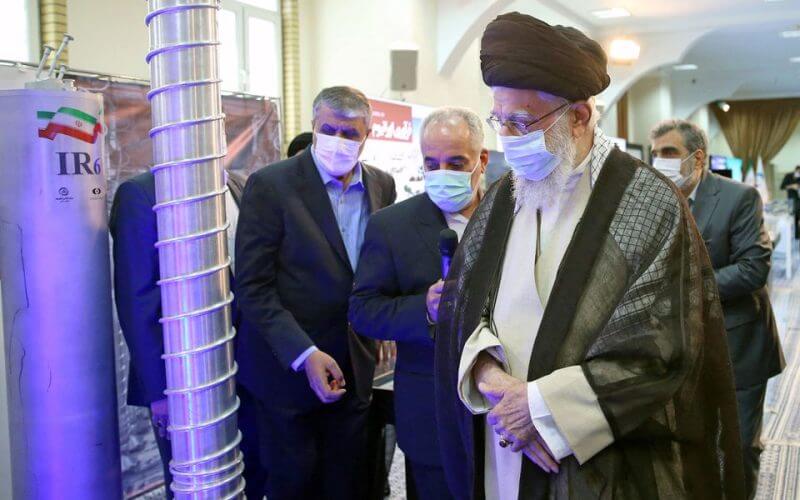Iran's supreme leader on Sunday said a deal with the West over Tehran's nuclear work was possible if the country's nuclear infrastructure remained intact, amid a stalemate between Tehran and Washington to revive a 2015 nuclear pact.
Months of indirect talks between Tehran and Washington to salvage the nuclear accord with six major powers have stalled since September, with both sides accusing each other of making unreasonable demands.
Ayatollah Ali Khamenei's guarded approval comes days after both Tehran and Washington denied a report that they were nearing an interim deal under which Tehran would curb its nuclear programme in return for sanctions relief.
"There is nothing wrong with the agreement (with the West), but the infrastructure of our nuclear industry should not be touched," Khamenei said, according to state media.
A U.S. State Department spokesperson declined specific comment on Khamenei's remarks, reiterating the Biden administration stance that the United States "is committed to never allowing Iran to acquire a nuclear weapon."
Related Story: State Dept Does Not Deny Envoy’s Secret Meetings with Iran to Revive Nuke Deal









